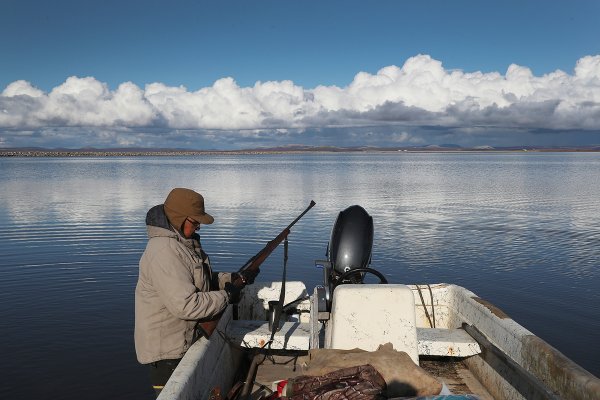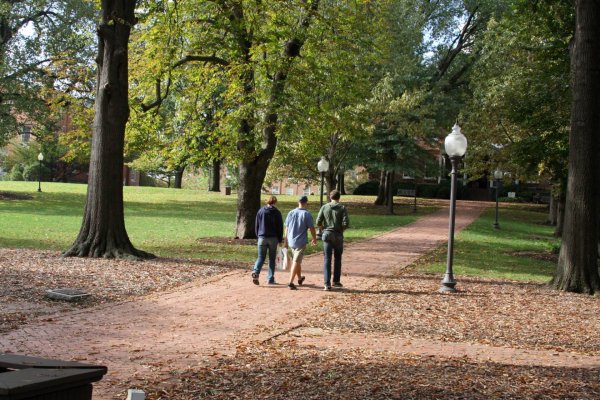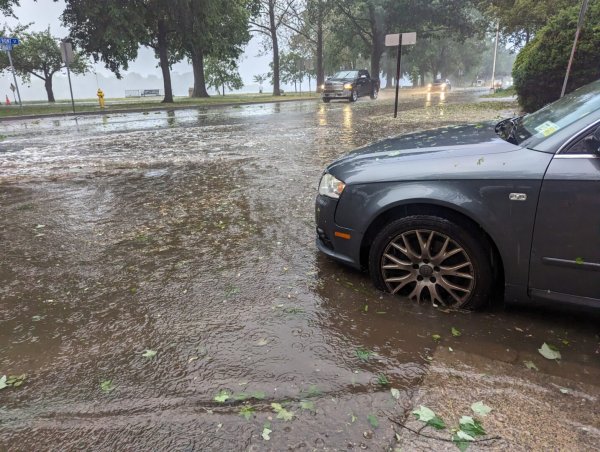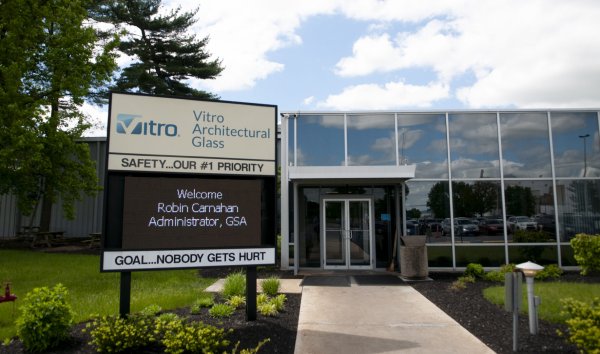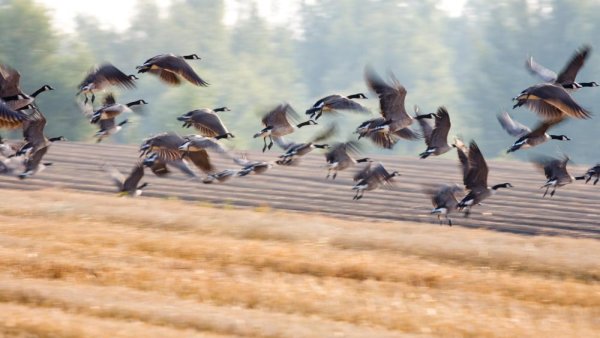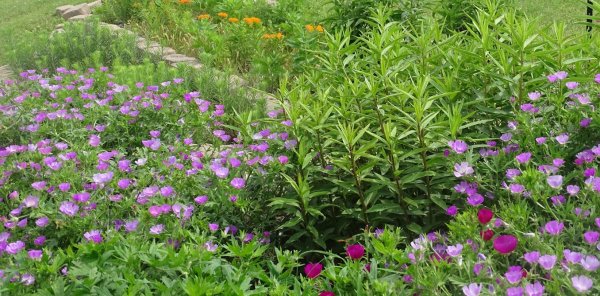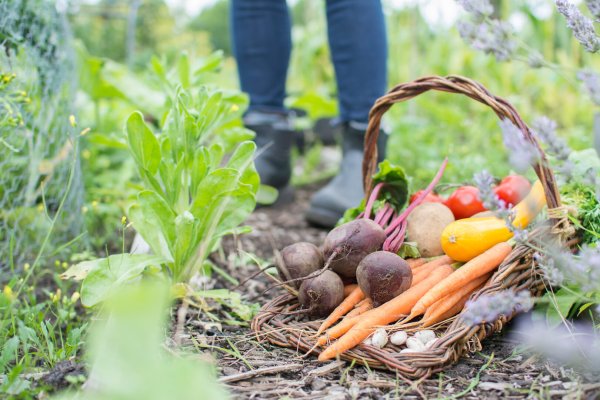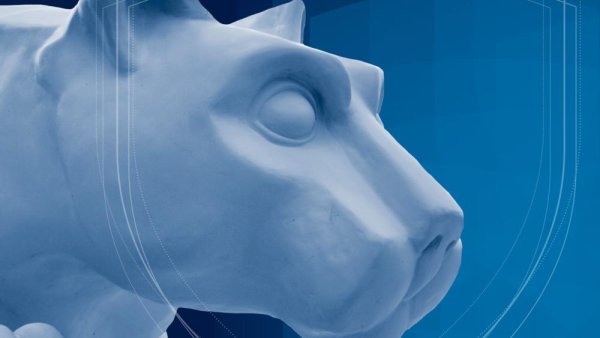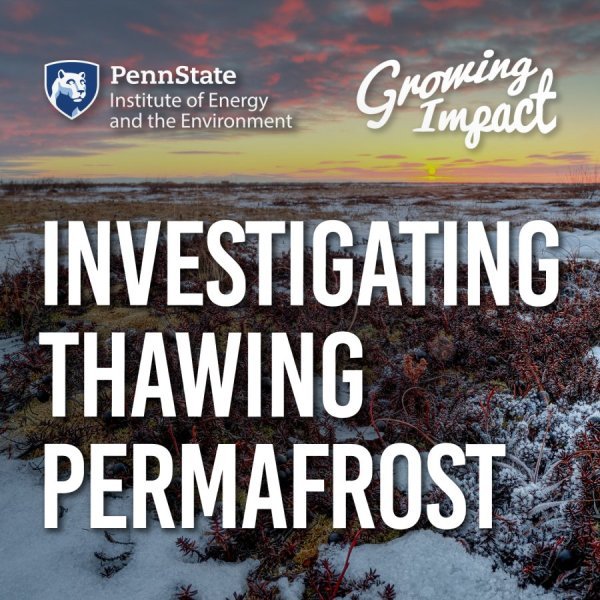Most Alaskan tribes stay put despite climate threats
| eenews.net
Community ties and the cost of relocation often outweigh the dangers of erosion, flooding and thawing permafrost. This article features Penn State research.
What is pasteurization? A dairy expert explains how it protects against foodborne illness, including avian flu
| theconversation.com
Before World War II, pathogens in milk accounted for 1 in 4 cases of foodborne diseases in the US. Pasteurization reduced this figure to less than 1%. This article was written by Kerry E. Kaylegian, associate research professor of food science at Penn State.
Study uncovers lasting impact of natural disasters on college students: 'A spillover effect on pretty much every aspect of the person's life'
| thecooldown.com
A troubling new study found that natural disasters resulting from our warming planet impact college students long after the weather event occurs. This article mentions Penn State research.
Heaviest Pa. storms drop 60% more rain than they used to, report says
| stateimpact.npr.org
A warmer atmosphere can hold more moisture, which can fuel heavy rain events and flash floods. This article quotes Christine Kirchoff, a civil and environmental engineering professor at Penn State.
Industry fellowship provides real-world experience for doctoral student
| psu.edu
Xialing Zhao, a doctoral candidate in Penn State’s College of Agricultural Sciences, participated in the college's first-of-its-kind summer fellowship pairing Penn State graduate students with industry mentors to help students navigate the transition from academia to careers in industry.
Biden administration visits central Pa. glass plant to tout clean manufacturing standards
| stateimpact.npr.org
The Vitro Glass plant in Cumberland County uses oxy-fuel technology to reduce its natural gas use by 20%.
H5N1 virus from 2022 mink outbreak capable of inefficient airborne transmission
| psu.edu
Highly pathogenic H5N1 avian influenza was detected in dairy cattle for the first time in the United States in March, with nine states reporting outbreaks by May. While the method of transmission among cattle is currently unknown, new research published in Nature Communications demonstrates that a related strain of H5N1, subtype clade 2.3.4.4b, which caused an outbreak in farmed mink in 2022, could transmit through the air to a limited number of ferrets. This is the first time that a member of the group of H5N1 clade 2.3.4.4b viruses has been shown to exhibit this ability.
It’s OK to mow in May − the best way to help pollinators is by adding native plants
| theconversation.com
NoMowMay is a catchy concept, but it doesn’t provide the food that native North American pollinators need or lasting support for them. This article was written by Christina Grozinger and Harland Patch.
Penn State Health takes on food insecurity
| witf.org
Some 1.7 million Pennsylvania are food insecure. Many areas of the state are considered food deserts – meaning grocery stores aren’t close by or there isn’t access to healthy food.
PA State Data Center to host Data User Conference May 29 and 30
| psu.edu
Data users from across the commonwealth are set to gather in State College at the Penn Stater Hotel & Conference Center for the Pennsylvania State Data Center’s 2024 Data User Conference May 29 and 30. The annual conference serves as the state's most comprehensive forum for research and development in demographic data.
Q&A: The increasing difficulty of detecting AI- versus human-generated text
| psu.edu
Dongwon Lee, professor in the Penn State College of Information Sciences and Technology, discussed the importance of examining the integrity of AI-generated text found online.
Harrisburg's inaugural engineering systems doctoral students begin journey
| psu.edu
Penn State Harrisburg’s new doctoral program in engineering systems kicked off in fall 2023, with an inaugural class of students from diverse backgrounds in engineering.

